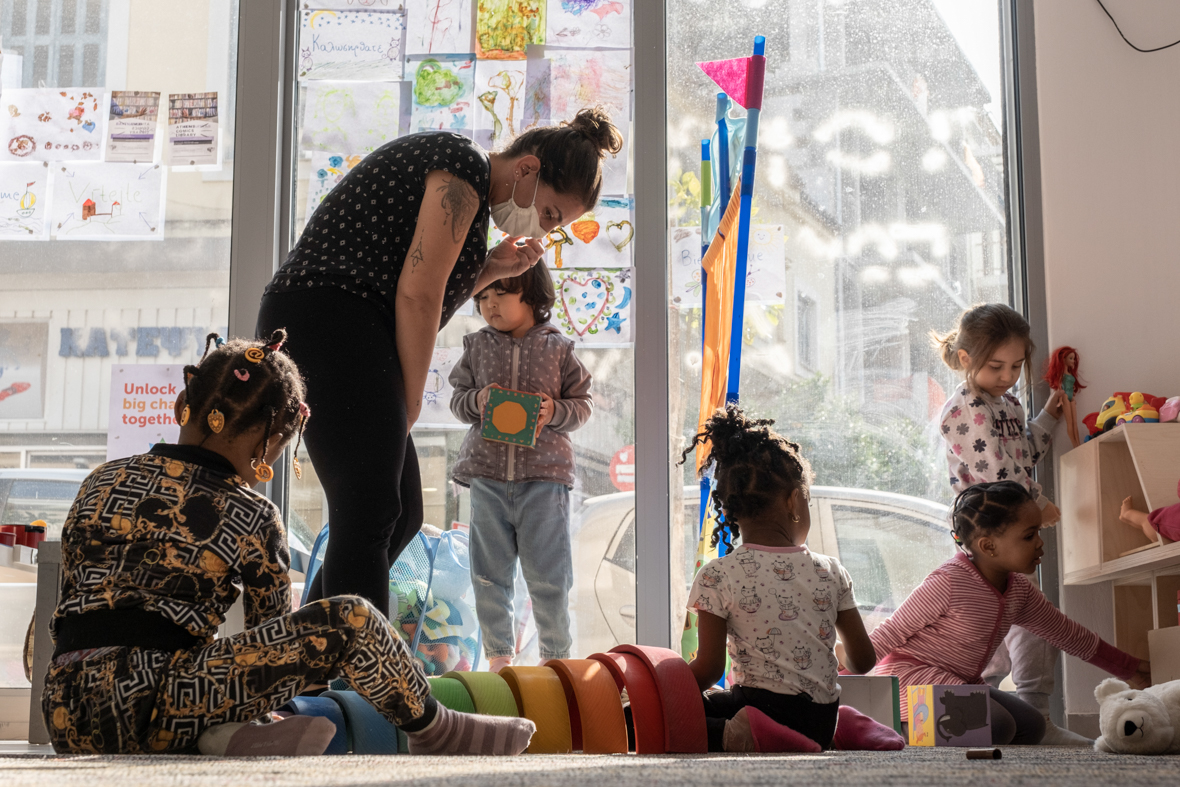
LEGO professor of play to research the building blocks of education and early development
Early childhood development
Cambridge University wants a candidate with a “childlike mindset” to lead its work on the importance of play in shaping the adults of the future.
It’s the kind of job you can only dream about getting when you’re a child – becoming the world’s first professor of play.
But applications are being considered for one of the most coveted jobs in education at Cambridge University.
The successful candidate will head up the university’s Centre for Research on Play in Education, Development and Learning (Pedal) which is funded by the LEGO Foundation.
“The value of play is relatively under-researched,” says Prof Anna Vignoles, interim director of Pedal and a member of Cambridge University’s faculty of education said in an interview with the Guardian.
“The aim of the Pedal centre is to conduct rigorous research into the importance of play and how playful learning can be used to improve students’ outcomes.
“Children are now increasingly accessing early-years provision at very young ages.”
This echoes Theirworld’s 5#5 campaign and the need for focus on early childhood development. We have been highlighting the importance of essential learning, play, care, health and nutrition for children under five.
Learning through play helps young children’s brains to develop and for their language and communication skills to mature.
But 200 million children are not getting the chance to realise their full potential because of deprivation, conflicts and extreme poverty.
Theirworld is calling on world leaders to ensure that by the end of 2017 the funds are allocated to establish quality early childhood development programmes so that every child is given the best start in life.
For many countries the importance of proper stimulation and play in the early years (birth to five) is becoming more of a focus.

Research departments like the one in Cambridge can help to deliver vital new information on the subject of play and early childhood development.
The LEGO Foundation wants to find a candidate with a “childlike mindset”. He or she should be “an academic who is playful, extremely curious, open-minded, imaginative and creative – someone who can think of new ways of doing research and work across different disciplines,” said Bo Stjerne Thomsen, the foundation’s global head of research.
The foundation is a firm believer that play has a critical role for children, particularly in high-quality learning. “Play should be part of education,” said Stjerne Thomsen.
“The skills you need now as an adult are collaboration, problem-solving and coming up with ideas. In that sense, play is critical.
“You use your imagination to plan things, to predict outcomes, to understand how to solve a problem by looking at it from different perspectives.
Play can also help school-age children develop their writing skills – as shown in this film about the work of Cambridge University and the LEGO Foundation.
More news

MyBestStart programme gives young girls the education they deserve
